The intense media coverage that accompanies traumatic events, such as war, acts of terrorism and natural disasters, can be very disturbing for children and teens. Certain young people are particularly vulnerable and some can be seriously distressed simply by watching TV replays of such events.
Tagged with ukraine
Share this guidance with your staff to give them confidence when talking to pupils of all ages about the war between Russia and Ukraine. Find out how to avoid racist and bullying incidents related to the events, and know how to support pupils with higher levels of anxiety.
Ukraine continues to defend itself after being invaded by Russia last week.
The fast-moving nature of the invasion has led to misleading videos and information being shared online.
BBC Specialist Disinformation Reporter Marianna Spring has some tips on how to spot what's true and what's false.
Nearly two weeks after Russia's invasion of Ukraine, the flow of false or misleading information about the war hasn't let up and now there are some outlandish theories being shared online.
To access the BBC, circumvention tools can be used, such as the Psiphon app (Android, iOS, Windows, Mac).
Marta Vasyuta is a regular 20-year-old Ukrainian.
And like many people of her age she's on TikTok.
Until last week she had a few hundred followers on the video-sharing app. She posted videos from nights out, and lip-synced to her favourite music.
When Russia invaded Ukraine, she happened to be in the UK visiting friends she'd met at university.
She watched in horror at reports of Russian bombs falling on Kyiv.
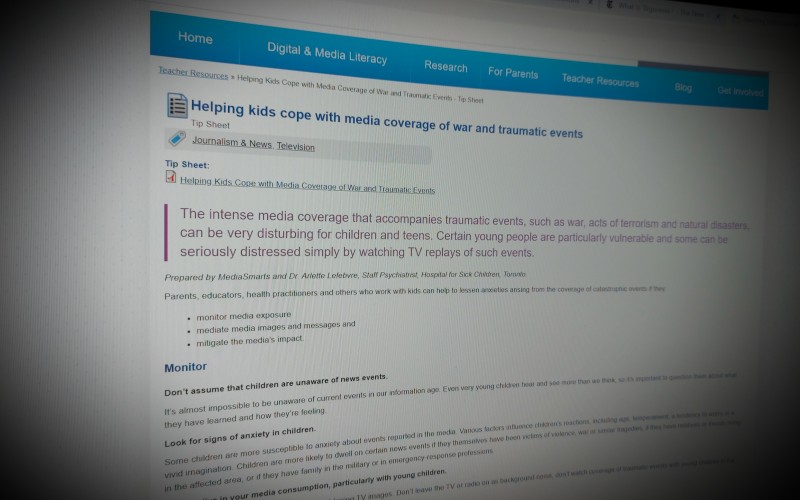
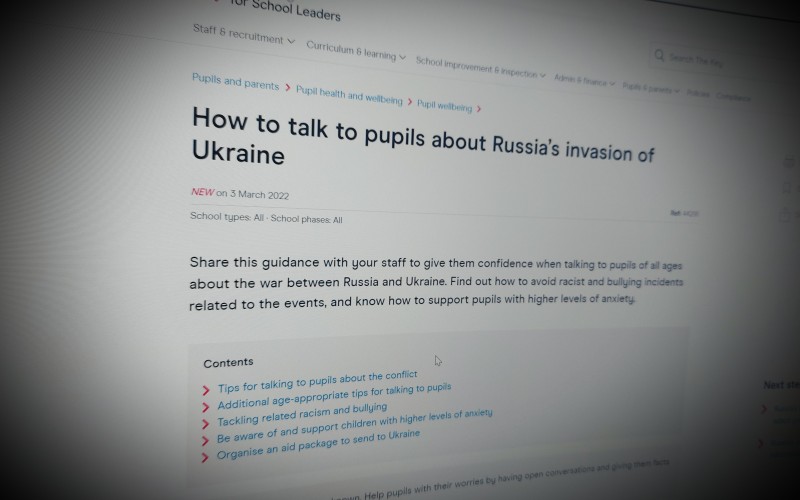
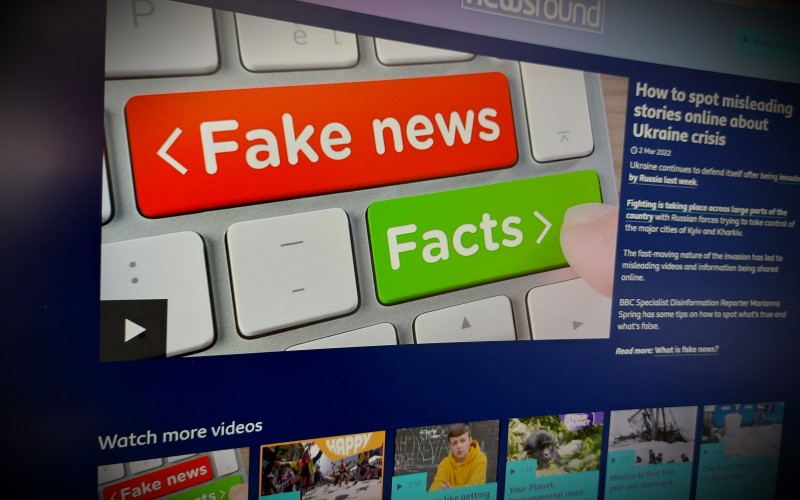
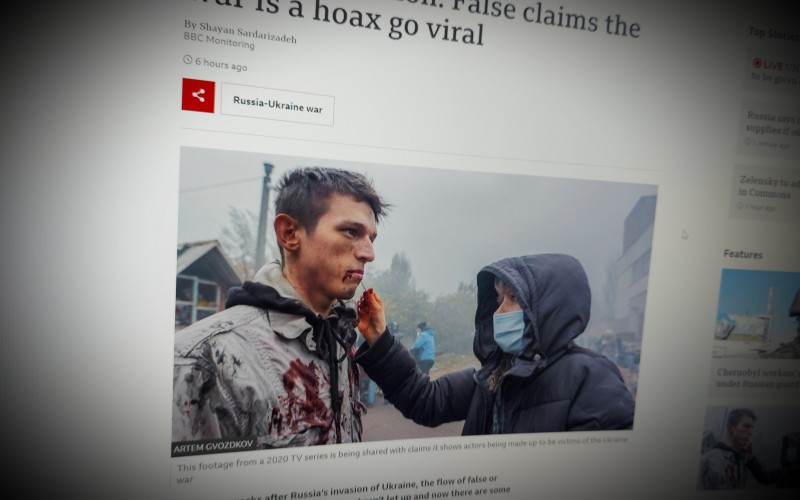
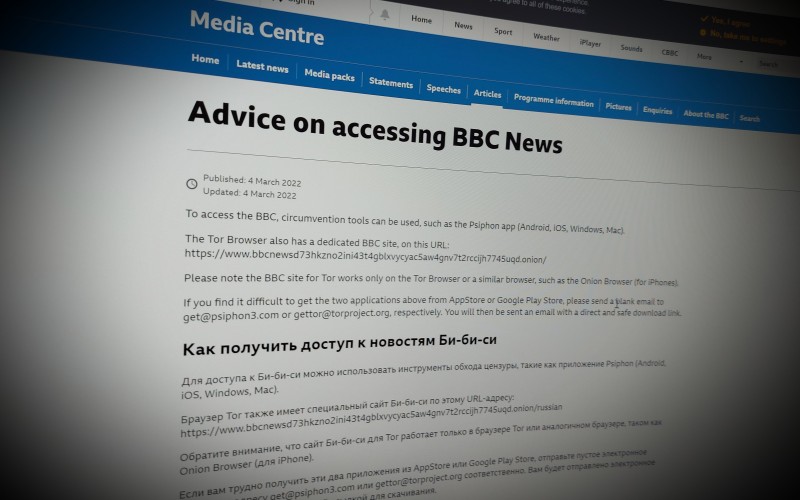
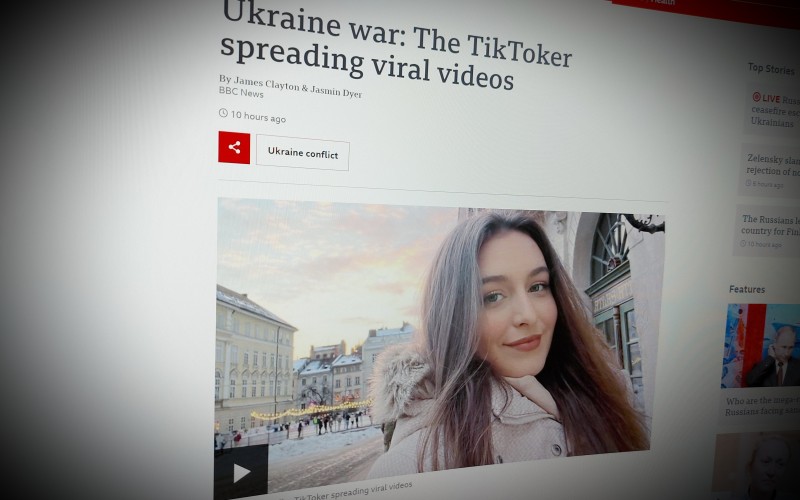
Comments
make a comment